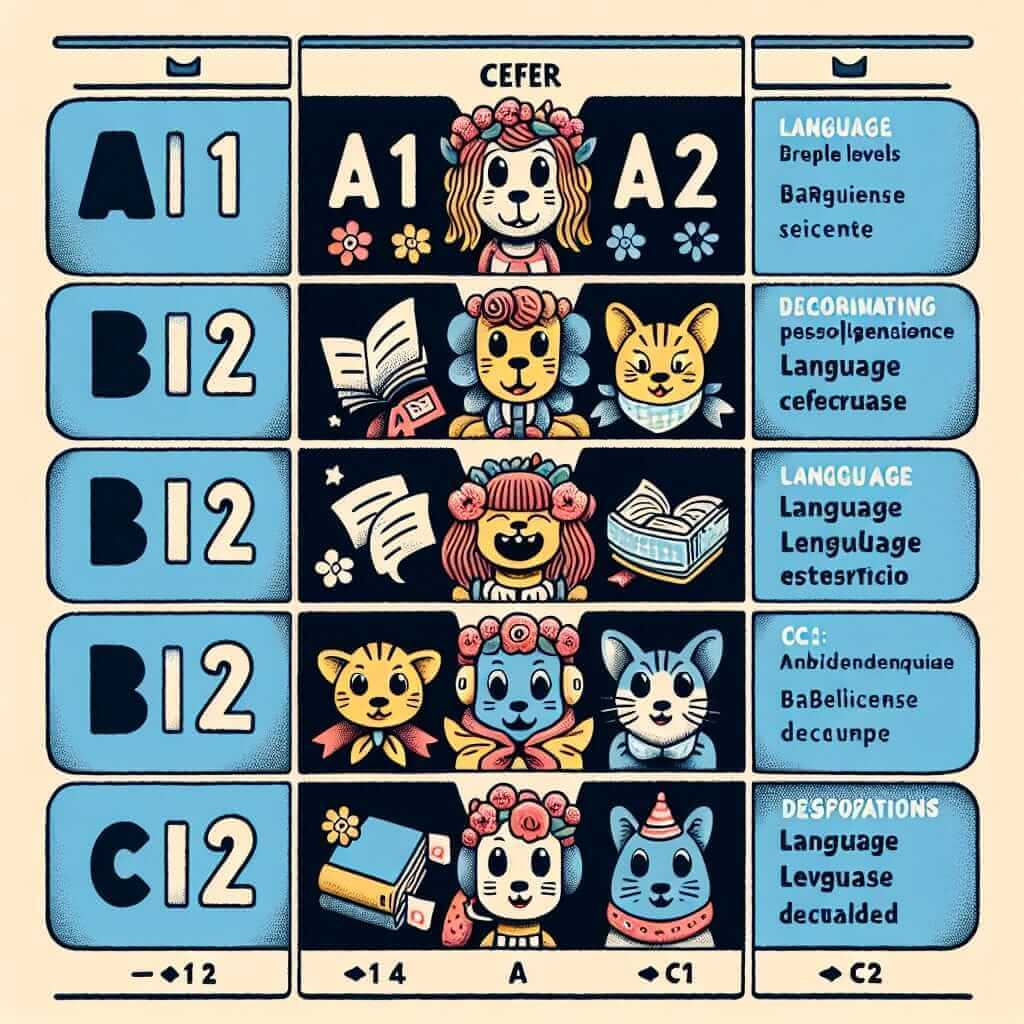As an IELTS instructor with over two decades of experience, I often encounter students who are unsure about their current language proficiency and how it translates to the IELTS scoring system. One common query I receive is: “How does the A1 language level compare to IELTS points?” This article aims to clarify the relationship between the A1 level of the Common European Framework of Reference for Languages (CEFR) and the IELTS band scores, providing valuable insights for test-takers.
Nội dung bài viết
Demystifying the A1 Language Level
The CEFR provides a comprehensive framework for describing language ability, ranging from A1 (beginner) to C2 (proficient). The A1 level signifies a basic user who can:
- Understand and use familiar everyday expressions and very basic phrases.
- Introduce themselves and answer basic questions about personal details.
- Interact in a simple way provided the other person speaks slowly and clearly.

A1 and IELTS: Not a Direct Correlation
It’s crucial to understand that there isn’t a direct, one-to-one correspondence between the CEFR levels and specific IELTS band scores. The IELTS exam evaluates English language proficiency across four skills: Listening, Reading, Writing, and Speaking. A1 level learners are at the very initial stages of their language journey, whereas the IELTS is designed for individuals aiming to study or work in English-speaking environments, requiring a higher level of proficiency.
To illustrate, an A1 learner might be able to understand simple instructions or hold a very basic conversation, but they would likely struggle with the complexity and pace of the IELTS test. The IELTS requires test-takers to comprehend and respond to a wider range of vocabulary, grammar structures, and discourse patterns than those covered at the A1 level.
Focusing on IELTS Preparation
Instead of seeking a direct comparison, learners at the A1 level should concentrate on building a solid foundation in English before considering the IELTS. Here’s how:
- Master the basics: Focus on expanding your vocabulary, grasping fundamental grammar rules, and practicing everyday conversations.
- Utilize beginner-friendly resources: Opt for textbooks, language learning apps, and online courses tailored to A1 learners.
- Seek guidance from an experienced tutor: A qualified English tutor can provide personalized support and track your progress.
Conclusion
While a direct comparison between A1 and IELTS scores is not feasible, understanding the distinct proficiency levels is essential. If you’re starting your English language learning adventure at the A1 level, prioritize building a strong base before aiming for the IELTS. With consistent effort and the right guidance, you can progress through the CEFR levels and eventually achieve your desired IELTS band score.